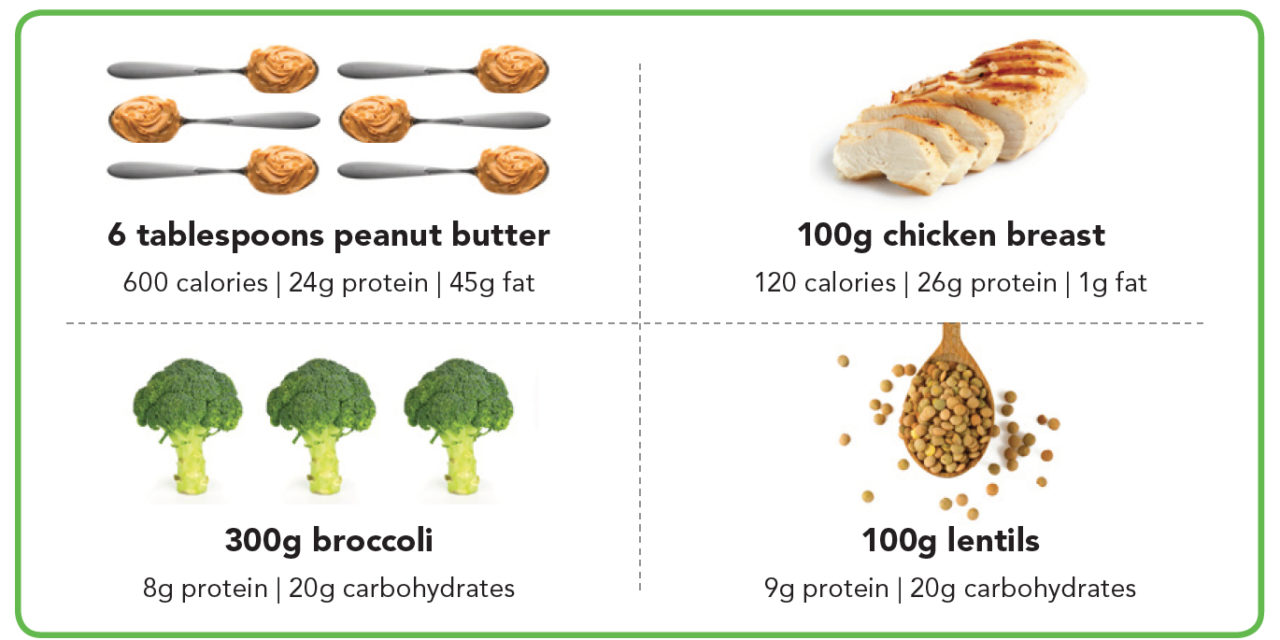WHY IT’S IMPORTANT
Every food is made up of a combination of three essential macronutrients: protein, carbohydrates, and fat. While all three have their own unique roles, protein is often considered the most important because it is a major building block in the body. It’s easy to think that eating protein is only important for bodybuilders and elite athletes, but it plays a crucial for everyone regardless of age or athletic ability.
Protein is essential to building, maintaining, and repairing tissues. It also helps perform vital functions that aid in immune processes. If all that wasn’t enough, protein plays a big role in changing body composition. Eating adequate protein helps ensure any weight you lose is due to losing body fat, not losing muscle mass!
WHERE TO FIND IT
Because protein is so important, the phrase “high protein” has become a buzzword in the food industry. Many products boast their protein content so that it seems healthier. It is best to get your daily protein through minimally processed, whole foods rather than products like protein ice creams or protein chips.
HOW TO EAT IT
There is a lot of controversy over how much protein people should eat. A good rule of thumb is to eat 0.7–1 gram per pound of lean body mass (your total body weight minus your body fat). Start on the lower end of that range and working towards a higher target if you have more muscle mass or strength train frequently.
Figuring out an exact protein target can seem overwhelming. If that is the case, just making sure you have a good source of protein at each meal will help you get enough protein throughout the day. It will also help you stay full between meals because protein is the most satiating macronutrient. It keeps you full longer than carbohydrates or fats!
WATCH OUT!
There can be a lot of confusion over which foods are actually high in protein. Some whole foods you may consider good sources of protein actually get very few of their total calories from protein. Peanut butter is commonly marketed as high in protein, but it takes three servings (6 Tbsps) to consume the same amount of protein as a palm-sized piece of chicken breast.
You can get protein from plant-based sources, but some are more efficient sources than others. Protein can be found in leafy green vegetables (broccoli, spinach, kale, etc.), but you have to eat a big plate of them to consume a significant amount of protein. Lentils provide a more concentrated amount of it.
Kate Lyman, MPH, CHES is owner and head coach of an online nutrition coaching business. She and her team at KLN believe in ditching restrictive diet rules and building flexible eating habits that allow you to eat the foods you enjoy while still working towards your aesthetic, performance, and health-related goals. She provides individualize and group nutrition coaching and also instructs corporate nutrition seminars. Get in touch at katelymannutrition.com or on follow along at @klnutrition.










